Explore more:
- Small Pets
- Guinea Pigs
Diarrhea is a common issue for many different kinds of pets, and guinea pigs are no exception. Soft, unformed stool is not only difficult to clean but can indicate a serious problem in your cavy. Knowing what could be causing this diarrhea and how it is safely treated can help keep your guinea pig healthy and clean.
Diarrhea is defined as loose, unformed, or watery stool. It occurs multiple times a day and unlike formed guinea pig droppings, diarrhea is messy, smelly, and abnormal.
If your guinea pig is not acting normally or has had recurrent diarrhea for more than a day, take it to your veterinarian as soon as possible.
The most identifiable symptom of diarrhea in your guinea pig is the loose, soft, and unformed fecal pellets it will leave in its cage. Your pet's poop should not be wet or mushy. They should be a bit firm, smooth and uniform in shape (normal pellets will look almost like plump grains of rice), and darkish brown. If the shape of the pellet is not uniform in its shape and density, there is a problem.
If you aren't seeing normal, formed fecal pellets in your guinea pig's cage, you may instead find fecal matter built up on its hind end. Diarrhea doesn't easily drop off of a guinea pig as does normal poop and will instead stick to the fur and legs.
Some soft, loose, or unformed fecal pellets will be noticeable in the cage, but guinea pigs with diarrhea often have extra dirty bedding. Normal fecal pellets do not soak into the bedding as watery diarrhea does.
The messy rear end and dirty bedding will result in a foul smell in the cage. The diarrhea may have also stained the fur around your cavy's anal area which may also contribute to the smell.
Finally, if diarrhea is not addressed, dehydration can easily occur resulting in the eyes appearing to be sunken into the head.
Guinea pigs can develop diarrhea due to a variety of things. Some of the most common causes include:
Clear clinical signs will let your veterinarian know your guinea pig has diarrhea. But the doctor will need to diagnose the cause. Your veterinarian may need to run some tests after performing a physical examination to determine the reason for the diarrhea if it is not obviously related to diet or environment.
In order to treat the diarrhea, you'll need to know the underlying reason for it. Diet may need to be corrected by adding in Vitamin C or more fiber, environmental stressors may need to be eliminated, and infections, parasites, and diseases may require various medications. Fluids may also need to be administered if your guinea pig is dehydrated because of the diarrhea.
A guinea pig that is promptly treated for diarrhea and its cause will likely go on to lead a normal life unless the condition is the symptom of a more fatal disease. Untimely treatment of the diarrhea may result in severe dehydration and death.
There are ways to aid in the prevention of diarrhea in guinea pigs. Make it a habit to maintain these three parts of your cavy's life:
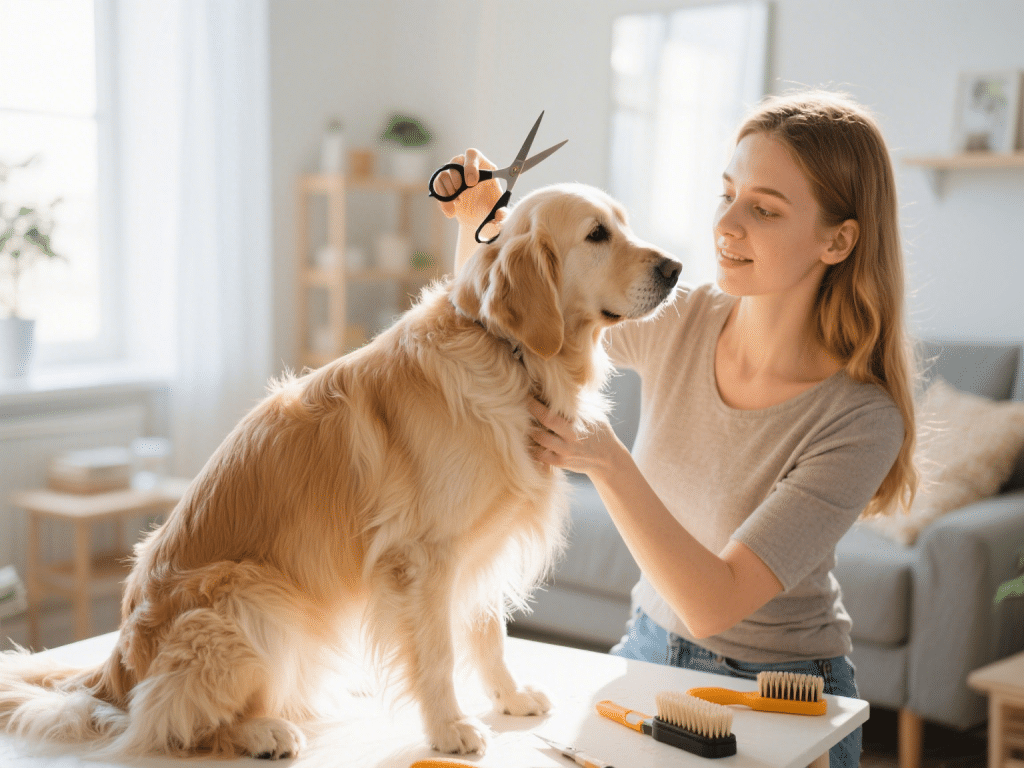
IntroductionLong-haired dog breeds—such as Afghan Hounds, Shih Tzus, and Yorkshire Terri...
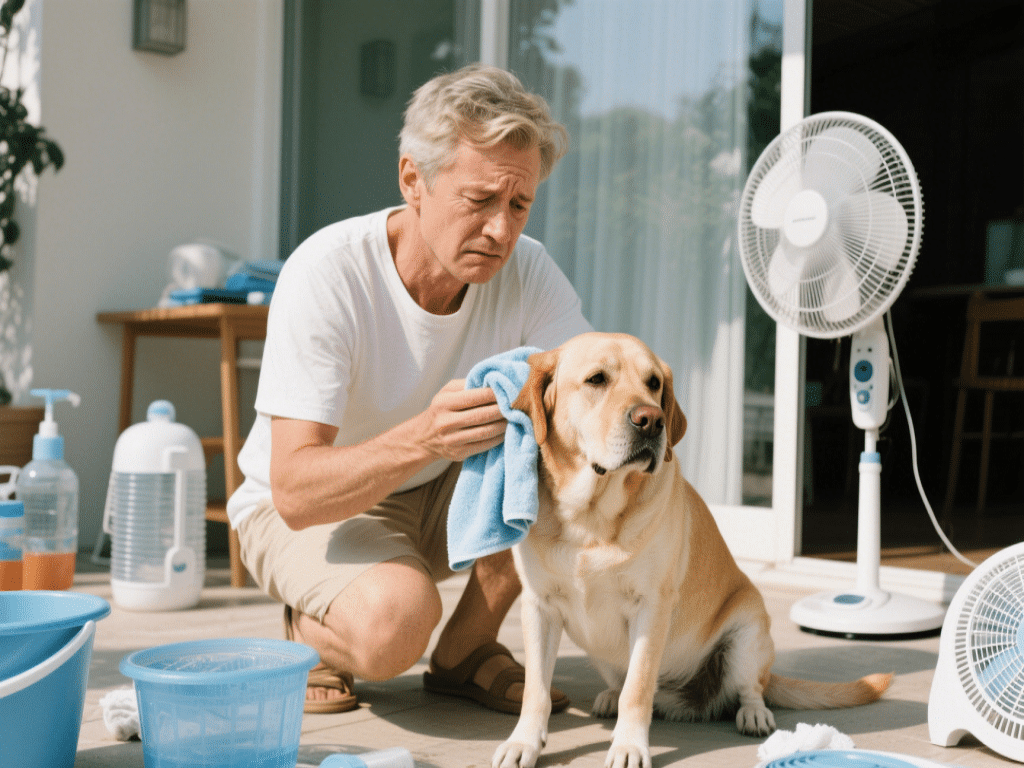
IntroductionHeatstroke in dogs and cats is a life-threatening condition occurring when bod...

IntroductionTraveling with pets requires careful planning, whether you’re driving cross-...
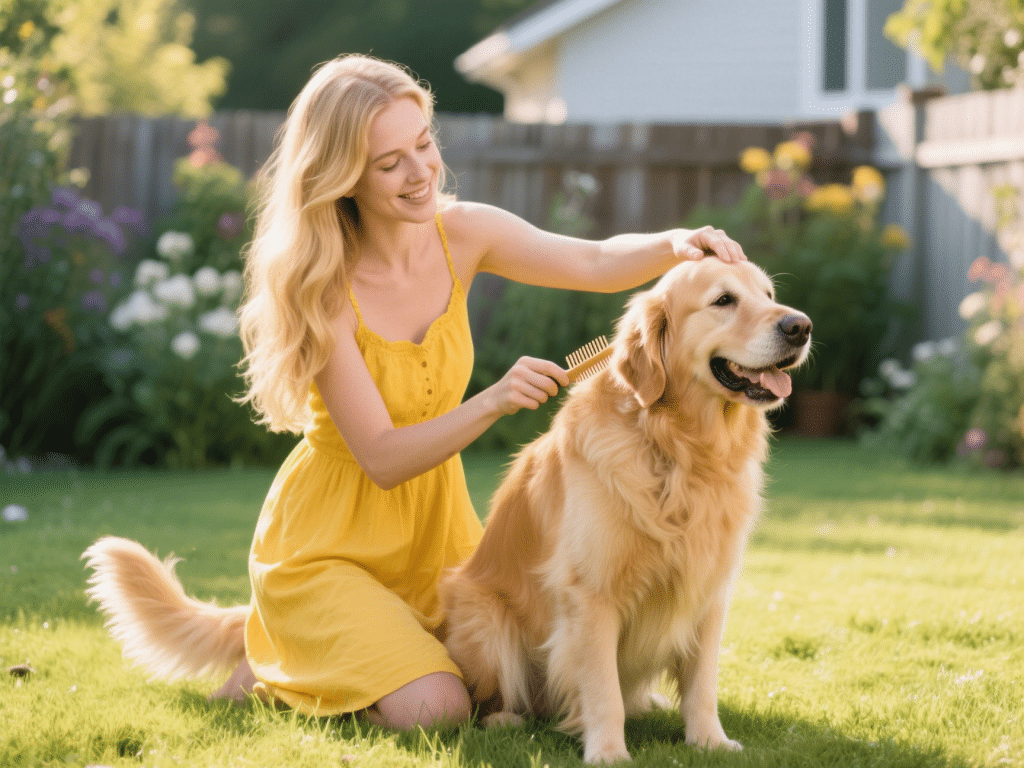
Grooming Tips for Dogs with Long Fur: Keep Their Coat ShinyA lustrous, shiny coat is the h...
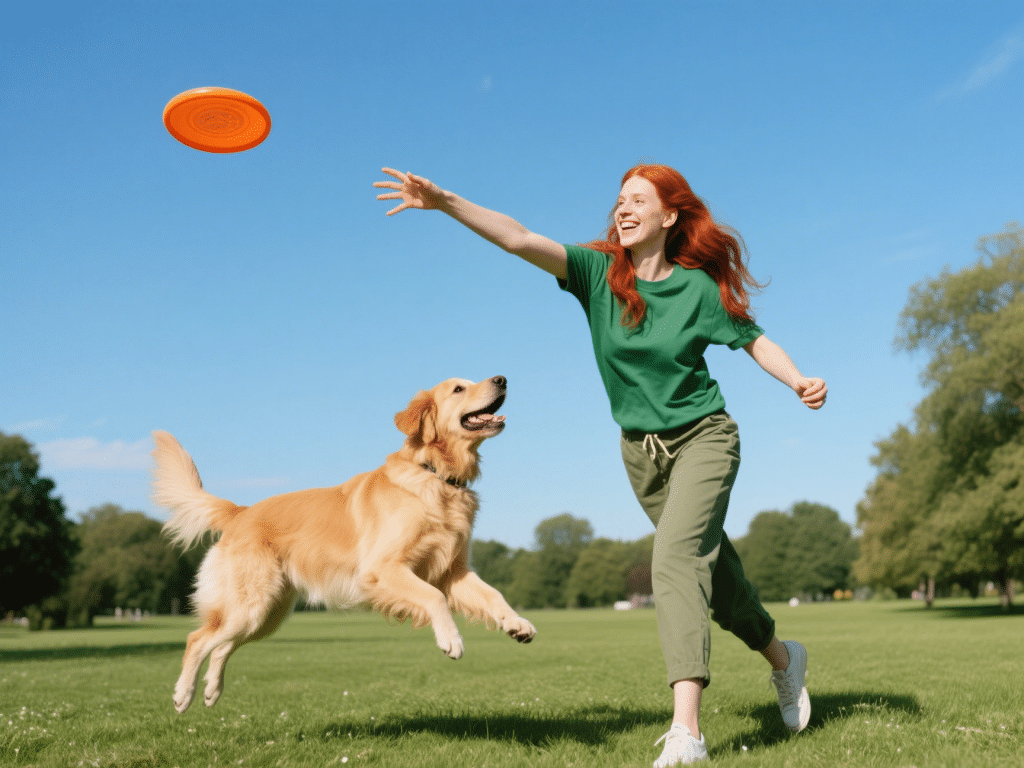
Expert Dog Dental Care Tips: Keeping Your Dog’s Teeth HealthyDid you know 85% of do...
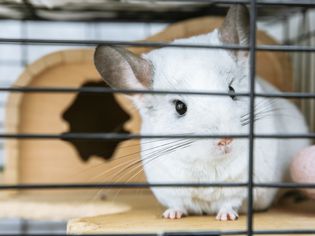
Chinchillas are rodents that are originally from the Andes mountains in South America. Th...
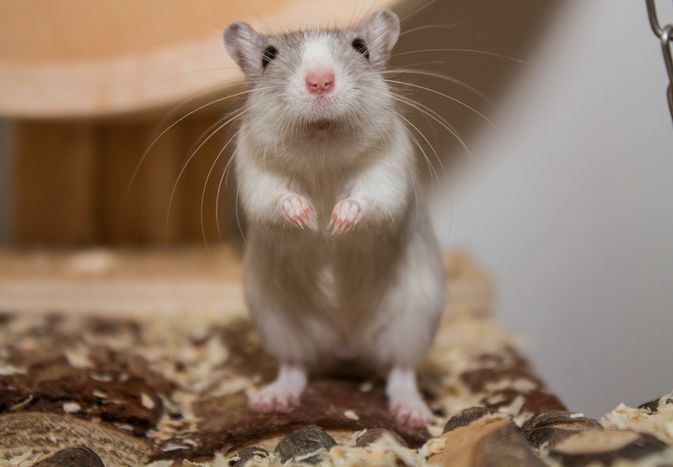
First and foremost, toys for your gerbils must be safe. Gerbils have a habit of sticking ...
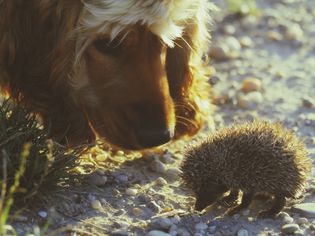
If you’re thinking of adding a hedgehog to your pet family, it’s a good idea to do yo...
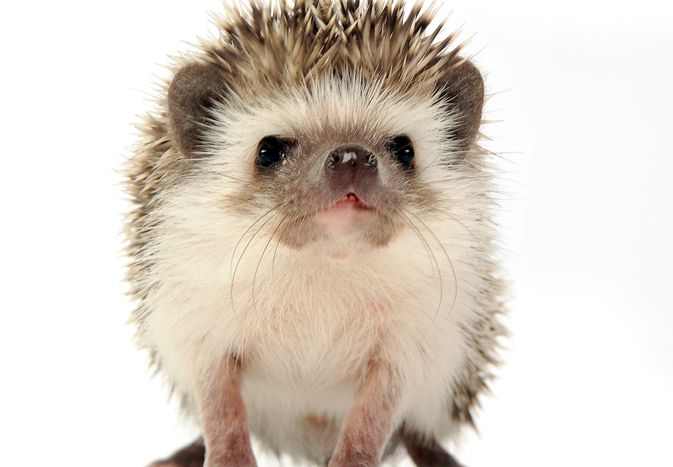
The African pygmy hedgehog fits the bill for those that are looking for a unique but smal...
Comments on "Diarrhea in Guinea Pigs" :